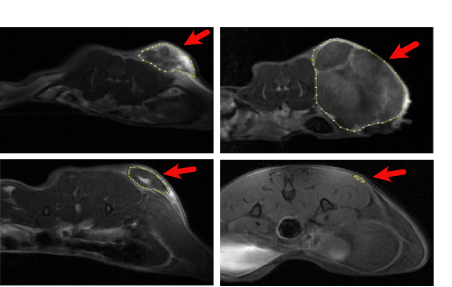Título del proyecto:
IP: Santos Mañes Research group
We have received a FPI contract for the development of a doctoral thesis within our group. This project will be funded by the AEI’s Knowledge Generation Projects over the next 4 years. Thus, we are seeking a motivated student to join an ongoing project in our laboratory.
Applicants should have completed a master’s degree in biomedicine, molecular biology, or a related field to be familiar with the topic.
In addition to their CV and academic records, candidates are encouraged to submit a document (at least, 2-3 pages) outlining their vision on a topic related to the association between metabolism in cancer cells and tumor immunity, and/or the role of mitochondrial function in innate immunity and inflammation in tumors. While a solid bibliographic foundation is essential, we highly value initiative, rigor, and creativity in these documents. This document will constitute one of the evaluation criteria.
The training plan includes a minimum 3-month stay at an international research center, scheduled between the third and fourth year of the thesis. Therefore an appropriate level of English is mandatory.

Please contact Santos Mañes for more details and to be advised for the next steps
Our research focuses on how reprogramming mitochondrial metabolism in tumor cells modifies their immunogenicity, rendering the generated tumors more susceptible to immune system activity.
The selected candidate will join a team led by a young PhD to investigate:
- The signaling pathways linking mitochondrial metabolism rewiring with immunogenicity
- The interaction of oncogenes (such as K-Ras) with mitochondrial metabolism, and
- The identification of binders of specific mitochondrial transporters
To address these questions, we will employ advanced molecular biology methods, omics analyses (bulk or single-cell RNA sequencing, ATAC-seq, quantitative proteomics…), CRISPR-based gene silencing, spectral flow cytometry, advanced imaging techniques, etc. A significant portion of the research will involve animal models, so it is advisable for the candidate to have the necessary permissions for working with animals and no ethical objections related to animal experimentation. These models will include the generation of orthotopic pancreatic tumors.


